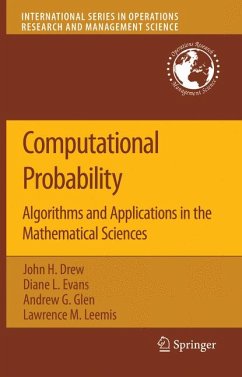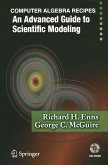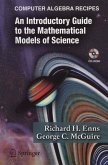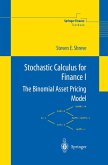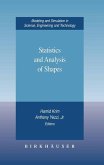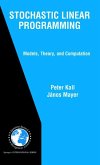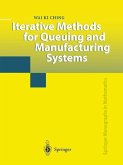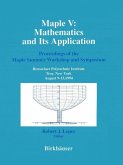Computational Probability is the first book that examines and organizes these computational methods into a systematic treatment. The book is structured around the two categories of problems: (1) "Algorithms for Continuous Random Variables" has chapters on data structures and algorithms, transformations of random variables, and products of independent random variables. (2) "Algorithms for Discrete Random Variables" includes data structures and algorithms, sums of independent random variables, and order statistics. The book includes three chapters that emphasize survival analysis and simulation applications. The APPL computational modeling language that gives probabilists a strong software resource for non-trivial problems is available at www.APPLsoftware.com.
Dieser Download kann aus rechtlichen Gründen nur mit Rechnungsadresse in A, B, BG, CY, CZ, D, DK, EW, E, FIN, F, GR, HR, H, IRL, I, LT, L, LR, M, NL, PL, P, R, S, SLO, SK ausgeliefert werden.

